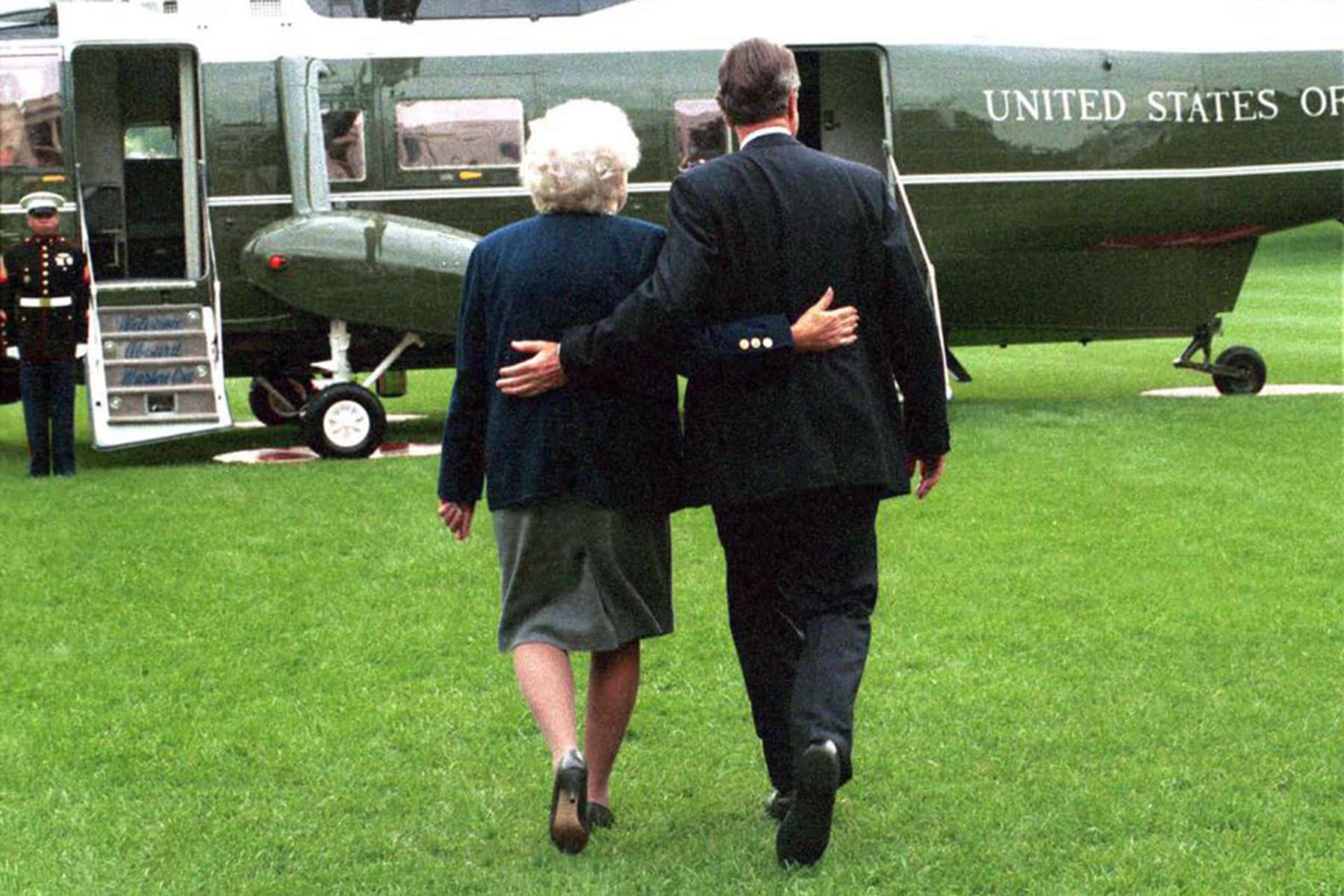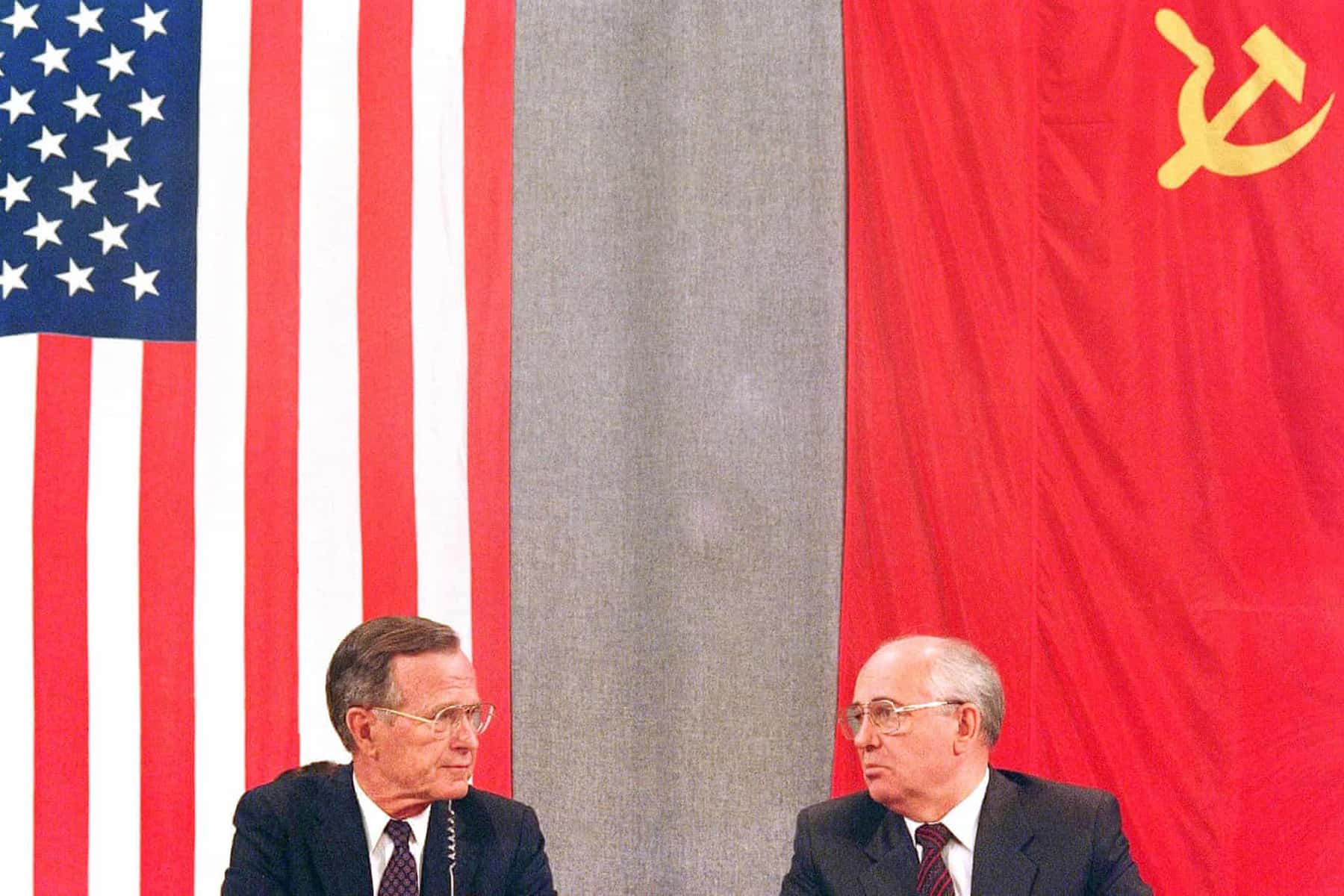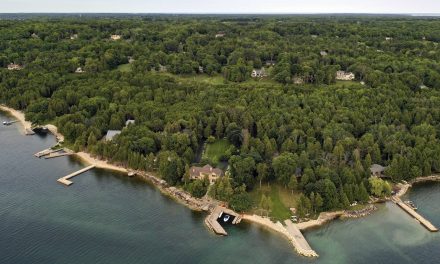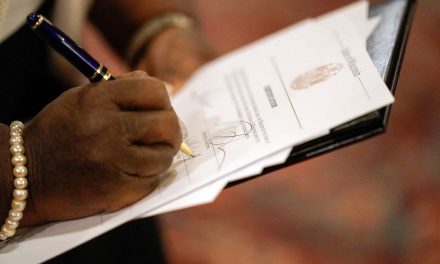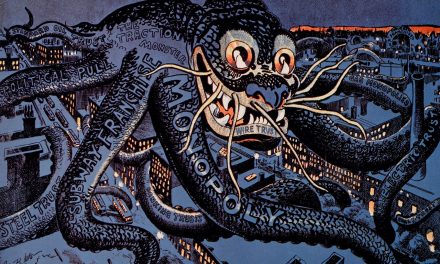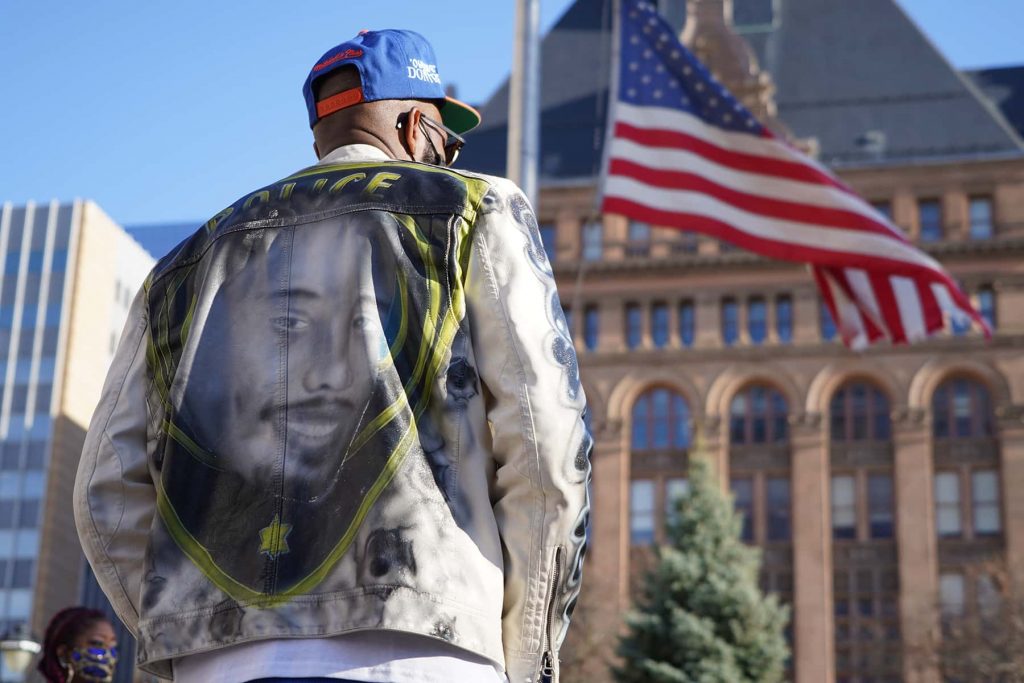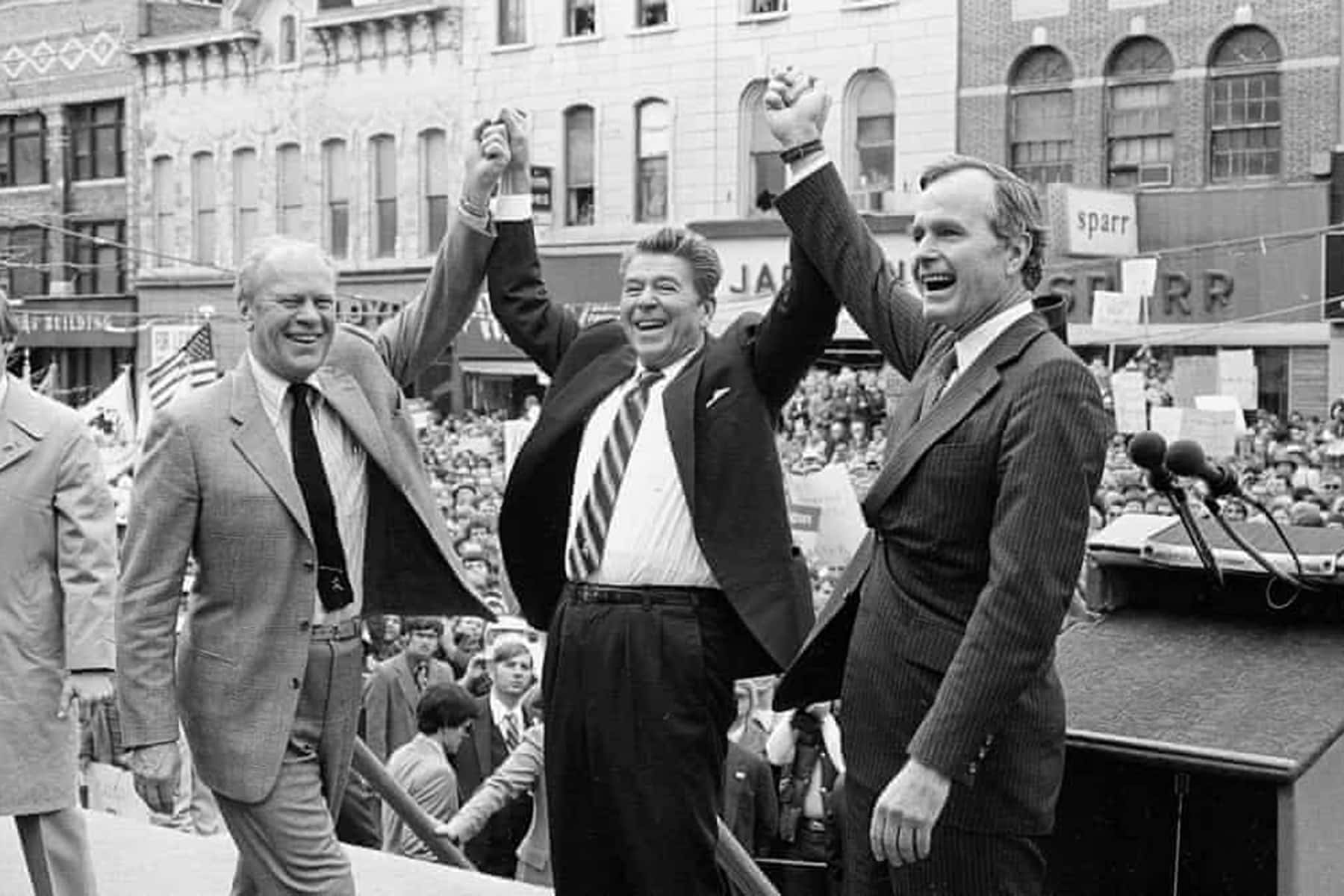
George H.W. Bush, who as the 41st president shepherded the United States through a turbulent period in global relations that included the breakup of the Soviet Union and the Iraqi invasion of Kuwait, has died. He was 94.
A statement from his office said: “George Herbert Walker Bush, world war two naval aviator, Texas oil pioneer, and 41st president of the United States of America, died on 30 November 2018.
“He was 94 and is survived by his five children and their spouses, 17 grandchildren, eight great-grandchildren, and two siblings. He was preceded in death by his wife of 73 years, Barbara; his second child Pauline Robinson ‘Robin’ Bush; and his brothers Prescott and William or ‘Bucky’ Bush. Funeral arrangements will be announced as soon as is practical.”
George W Bush issued a statement on behalf of his family: “Jeb, Neil, Marvin, Doro, and I are saddened to announce that after 94 remarkable years, our dear Dad has died. George H.W. Bush was a man of the highest character and the best dad a son or daughter could ask for. The entire Bush family is deeply grateful for 41’s life and love, for the compassion of those who have cared and prayed for Dad, and for the condolences of our friends and fellow citizens.”
A statement from Donald Trump praised Bush for his “sound judgment, common sense and unflappable leadership”.
A moderate conservative who served a single term in office between 1989 and 1993, Bush lacked the charisma or polarizing ideology of his predecessor, Ronald Reagan, under whom he had served as vice-president.
But he was widely respected for showing a steady hand during an uncertain moment in history during which the Berlin Wall came down, Soviet-sponsored communism in eastern Europe collapsed and the U.S. emerged as the single global superpower.
Bush will inevitably be remembered, too, as the patriarch of the Bush political tribe, one of the most successful political dynasties in America. The 41st president was father to George W Bush, the 43rd, and Jeb Bush, who ran unsuccessfully against Donald Trump for the Republican nomination for president in 2016.
The two brothers, former governors of Texas and Florida respectively, were among six children the 41st president had with his wife, Barbara, who died in April, aged 92. A close-knit family, they had watched George Bush Sr’s health slowly deteriorate in recent years. Bush suffered from vascular Parkinson’s disease, which causes a loss of balance, and had used a wheelchair since at least 2012.
An admission to a hospital in Houston, Texas, in November 2012, following a problem with a bronchitis-related cough, resulted in a two-month stay under the supervision of doctors, including a brief period in intensive care. Bush spent another week in hospital two years later after complaining of shortness of breath.
He was in hospital again with a blood infection the day after his wife’s funeral and was admitted on Sunday after feeling fatigued.
Despite his increasing fragility, Bush remained active well into his old age. He celebrated at least three of his birthdays since his retirement from the White House by parachute jumps – including, in June 2014, a skydive to celebrate his 90th birthday.
Bush was forced to apologize in 2017 after being accused of sexual assault. Bush’s spokesman, Jim McGrath, admitted the former president had “patted women’s rears” in the past as a joke to help “put people at ease” during photo calls. “To anyone he has offended, President Bush apologizes most sincerely,” McGrath said.
Over a two-decade period Bush served as ambassador to the United Nations, envoy to China, chairman of the Republican National Committee at the height of the Watergate scandal, director of the CIA and, for two terms, Ronald Reagan’s vice-president.
It was a professional grounding that has led some to argue he was the best-prepared president in U.S. history. Still, Bush was put to the test, as diplomat and statesman, by the collapse of the Soviet Union. It was a challenge to which he was perhaps uniquely suited; his close relationship with Mikhail Gorbachev helped maintain global stability during the dissolution of the U.S.S.R.
In January 1991, Bush launched a United States-led military offensive in the Persian Gulf to counter Saddam Hussein’s invasion of Kuwait that began the previous year. The swift military offensive, which quickly defeated Saddam’s forces, stands in contrast to his son’s protracted war in Iraq more than a decade later, an eight-year engagement widely considered to be a major foreign policy blunder.
While Bush Sr earned credit for his approach to foreign policy, he was less successful on the domestic front and lost the 1992 presidential race to Democrat Bill Clinton. His defeat was in part due to the argument that he had performed badly as steward of the American economy during a period in which unemployment grew.
Indeed, Bush’s best-remembered line is likely to be a pledge he delivered as vice-president at the 1988 Republican National Convention: “Read my lips,” he told delegates. “No new taxes.”
Bush’s tax pledge roused conservatives but it turned out to be notoriously misjudged. Once in office, facing a federal deficit that had quietly ballooned under his predecessor, and a Congress controlled by Democrats, the 41st president was forced to renege on his promise.
President Bush did leave two significant legislative marks: the Clean Air Act Amendments, signed into law in 1990, and the Americans with Disabilities Act, which Bush made law in the same year.
The former president Barack Obama and his wife, Michelle, issued a statement saying: “America has lost a patriot and humble servant in George Herbert Walker Bush. While our hearts are heavy today, they are also filled with gratitude. Not merely for the years he spent as our 41st President, but for the more than 70 years he spent in devoted service to the country he loved – from a decorated naval aviator who nearly gave his life in World War II, to commander-in-chief of our armed forces, with plenty of posts along the way.”
Paul Lewis, with additional reporting by Ciara McCarthy
George W. Bush, Mike Fisher, and АP (Аssоcіated Prеss)
Originally published on The Guardian as George HW Bush, former US president, dies aged 94
Help deliver the independent journalism that the world needs, make a contribution of support to The Guardian.

